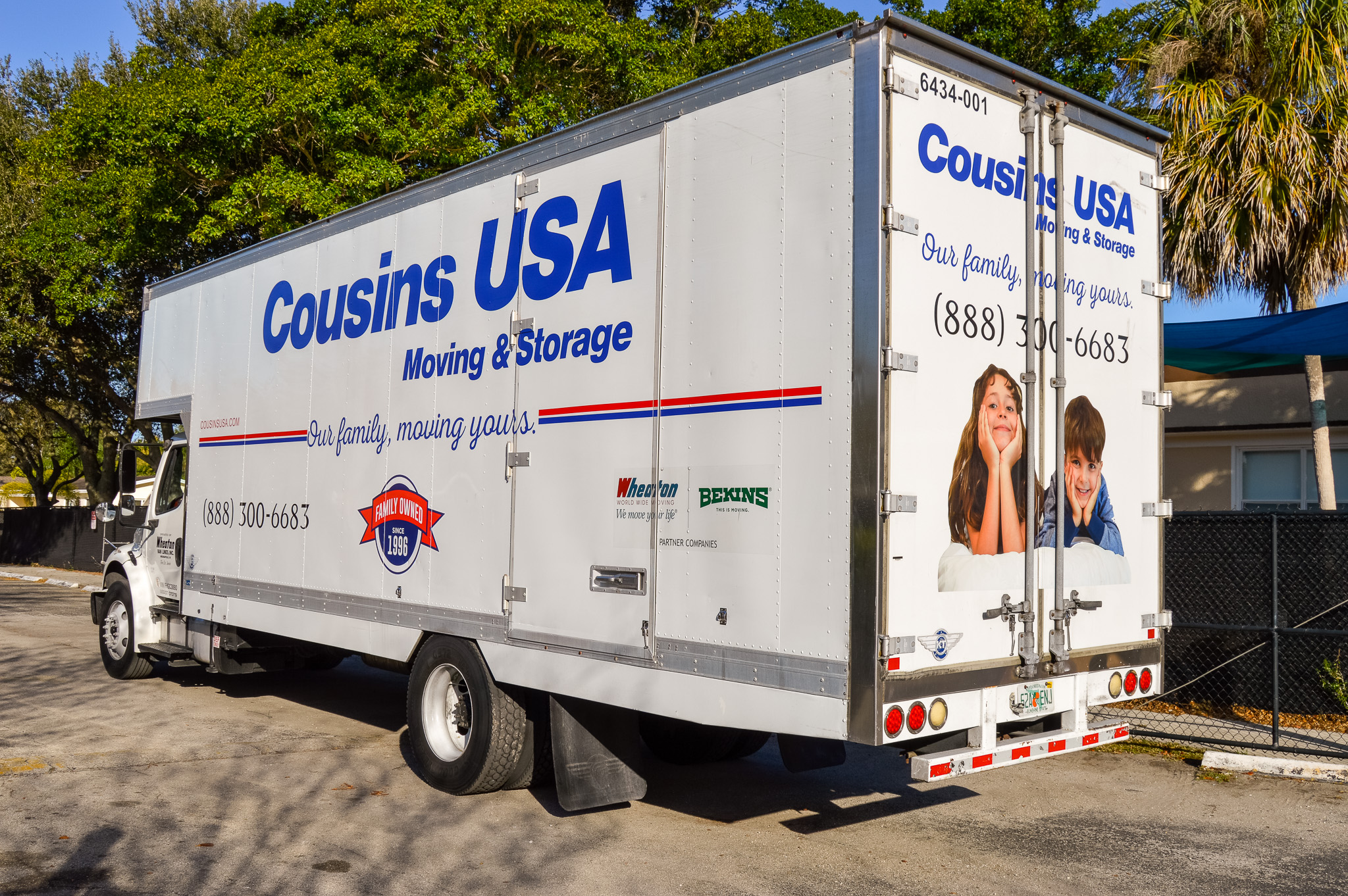7 Decluttering Tips You Can Do Right Away

Whether you’re decluttering because your house is a mess, you’re interested in the minimalist lifestyle, you want to slim down your inventory for a move, or for any other reason, you need good tips that are actually helpful. We have been in the moving and storage industry for over 25 years, and in that time, we have seen and helped with a lot of decluttering. In short, we’ve learned a few things.
We used our experience to put together these top decluttering tips to make the process easy.
1. Remember that Decluttering is a Process
When you start decluttering, it can be easy to see it as one big task. The truth is that decluttering is a long-term process. It can seem like a lot of work, but once you get through the initial challenge of starting the process, you will be able to maintain an organized home with only the things you need.
2. Narrow Down Using Mantras and Quotes
Deciding what to keep and what to get rid of is widely regarded as the most difficult part of decluttering. That’s why professional organizers have come up with mantras and experts have given quotes that all are incredibly useful in getting your mind right to make a good decision on each item.
Here are some of our top mantras and quotes:
- Emily Ley’s 3-Word Mantra, serving as a criterion for what to keep: “Best. Favorite. Necessary”
- Marie Kono’s famous mantra on determining how to know if you should keep an item: Does it “Spark Joy”
- William Morris broke this into two parts with his quote: “Have nothing in your home that you do not know to be useful or believe to be beautiful”
By keeping them in your head as you decide, you will have a frame of reference that points you in the right direction of what to consider.
3. It Really is the Thought That Counts
A big hurdle for decluttering is keeping gifts. Even if you have it in you to get rid of something that you like, it can be tougher to get rid of something that someone that you care about got for you.
It’s important to remember that the old saying that “it’s the thought that counts” when someone gives you a gift is true. When you are decluttering your home, going through each item, and you come across a gift; take a moment to remember how kind it was that your loved one got you this gift and that they truly care for you. Then, you have to understand that this feeling will stay even if you don’t physically have the gift anymore.
Keeping items you don’t need just because it’s a gift is not helping you or the person who gave you that gift.
4. Donating Makes It Easy
It always feels good to help. As difficult as it is to get rid of your items, it is helpful to know that you are helping people through this process.
The problem is that it can be difficult to determine which items can be donated. Here are some items that you should not donate:
- Items that need repairs
- Recalled items
- Hazardous materials such as knives, ammunition, etc.
- Anything with chemicals such as paint
- Items that are too difficult to move such as pool tables
- Items with pet damage
- Medical equipment
Keep in mind that these rules aren’t a catch-all. You will have to check with the place that you are donating to in order to see what their specific rules are.
When looking for where to donate your items, check out the following places in your community:
- Libraries: These are great for books, CD’s, and DVD’s. They can use them in one of two ways. Either they will use them in their inventory or they will sell them in a fundraiser, which will go towards events, activities, and community initiatives.
- Local Thrift Store: While there are widely known thrift stores that are quite popular, look into the local thrift stores around you first, as they may benefit more from your donations. Some great South Florida locations include Wave of Hearts and Oddballs Nifty Thrift.
- Food Banks: Unused, nonperishables that have been sitting around are a great donation.
- Baby2Baby: As your baby grows up, you’ll have baby supplies to get rid of. This nonprofit lets you help out shelters, children’s hospitals, and more.
These are just a few of your options, yet you can see how different places accept different items. Plan where you’re donating so you can separate your belongings accordingly.
5. Throwing Things Away Isn’t Always a Waste
Another hurdle that many have to get through when decluttering is getting over the concept that throwing things away is a waste. There are times where it is the best option.
When deciding what to do with an item, you can go through each option to determine what is best. If you consider an item to not be something worth keeping, not be something worth selling, and it’s an item that can’t be or shouldn’t be donated, then it should be thrown away.
6. Utilize the 90/90 Rule
This is one of the best rules for determining an item’s worth. Some of your belongings may have theoretical worth to you: “Maybe I’ll need it”. This is a way to hold onto items that you don’t really need.
To get over this line of thinking, you can utilize what’s called the 90/90 rule. This rule states that you don’t need an item if you haven’t used it in 90 days and if you have no reason to believe that you will use it in 90 days.
Of course, this date range is changeable. Not all items get used frequently of course. Considering this in a general aspect will help you make a more decisive decision.
7. Enlist Friends and Family for Help
Finally, before you really dive into it, ask friends and family for help.
It can seem like you’re putting a burden on them, but, generally, your friends and family will be happy to help you do something that is bettering your life.
When you do get people to help, consider which tasks will be best for each person. For example, if someone gets easily attached to certain items, it may be best to not have them deciding which items to keep and which to get rid of.
Final Thoughts
It’s okay for the process to be difficult. The first part is the hardest. Once you get the ball rolling and get rid of items you truly don’t need, you will be able to not only have a decluttered home, but to have a decluttered life. With these tips, you’re on your first step to a truly organized home.










